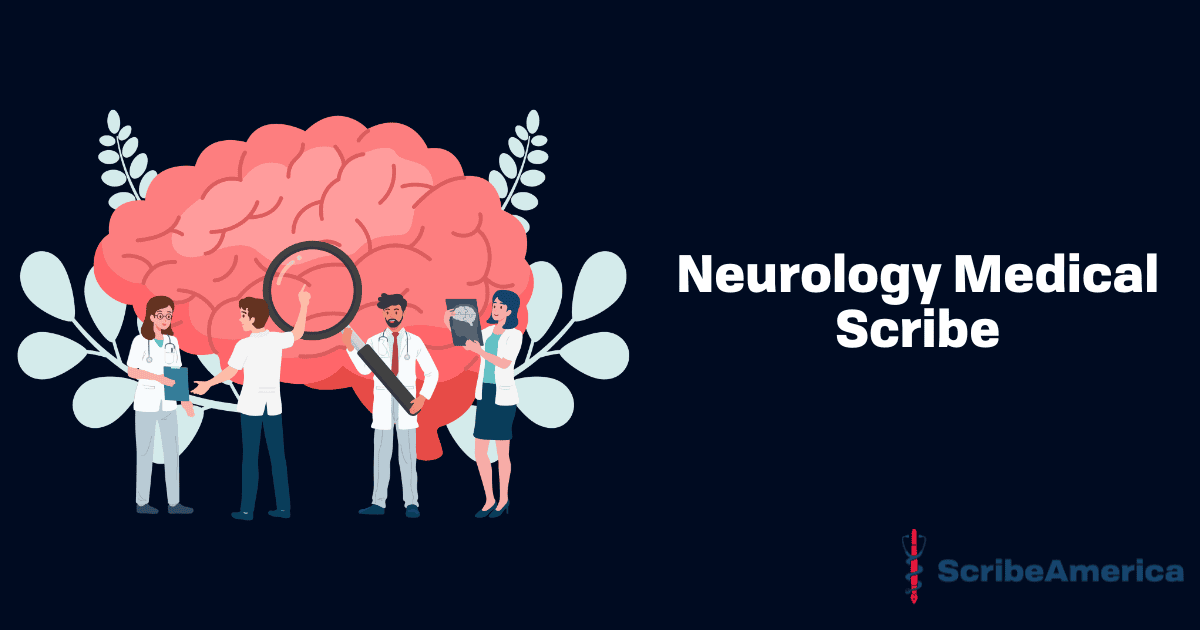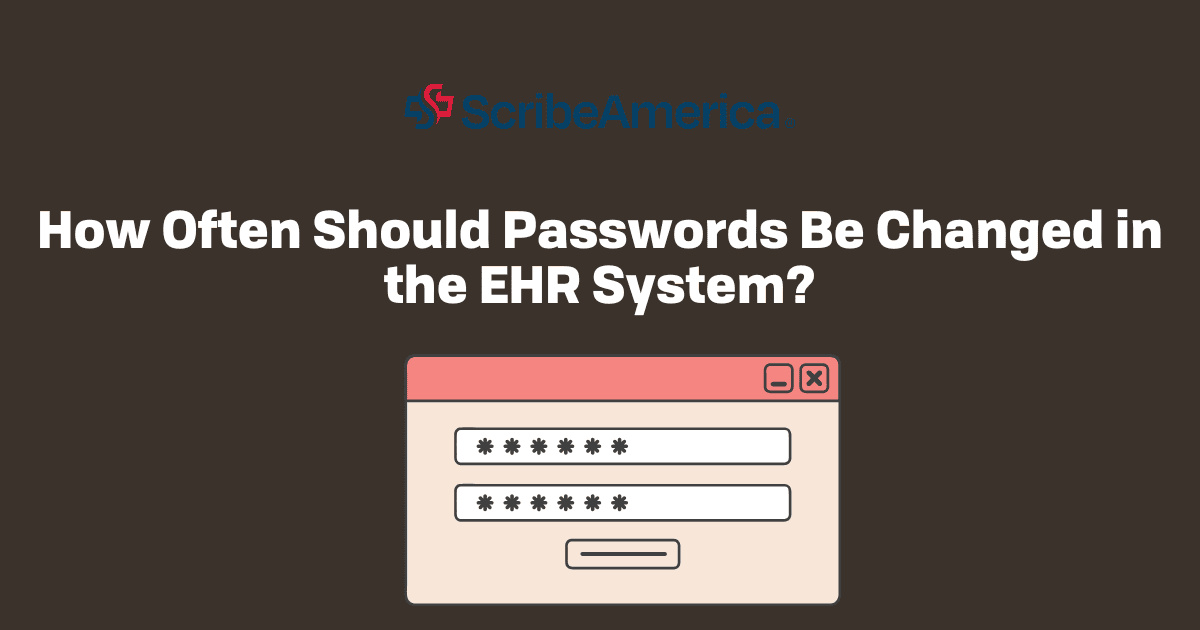Who is a neurology medical scribe? It’s a professional who is responsible for writing down the interactions between a neurologist and their patients. Their role is paramount—had it not been for medical scribes, they would’ve spent many more hours just on administrative work. Let’s look at this in more detail.
What Is a Neurology Medical Scribe?
Scribes are crucial elements of patient care in neurology. They document patient visits, input them, along with laboratory test results, into the system, and ensure that physicians have all the important information at their disposal. This way, they take over the administrative work from the neurologists, who can focus fully on what’s most important—providing exceptional patient care.
This means two things:
- Medical scribes have a lot of responsibility—they have to hear and write down all the symptoms accurately, as well as details of the examination, and ensure that the data is up-to-date.
- Without medical scribes, neurological care quality would be significantly lower—instead of focusing on their decisions and finding solutions to the problems the patients face, neurologists would spend a lot of time on administrative work.

Who Can Become a Medical Scribe in Neurology?
Let’s focus on the qualifications of a medical scribe working in neurology. What skills do they need to have? Do they have to complete specialized training?
Firstly, they need to have an educational background in the medical sector. They don’t have to be students; a high-school diploma is enough, as long as it’s relevant.
Secondly, they need to know medical terminology, especially terminology related to neurology. They need to know the nervous system inside out and be aware of its impact on other systems.
Finally, there is a set of general skills that neurology medical scribes need to possess, namely:
- Fast typing skills—ideally, above 40 words per minute.
- Stamina—they will be standing for long periods of time.
- Great listening skills—to catch all the important details of patient examinations.
- Interpersonal skills—while neurology scribes aren’t expected to interact with the patients, sometimes they might need to, so they need to have good manners and the ability to cope in such situations.
Moreover, a medical scribe, working in neurology or not, has to know the HIPAA regulations and be able to navigate the electronic health records (EHR). However, these are often included as a part of the medical scribe training.
Is Becoming a Neurology Medical Scribe Worth It?
Yes, it absolutely is! Although working as a medical scribe usually does not count as clinical experience, it’s a great way to see neurologists in action first-hand. Moreover, it’s a major asset to medical school applications—the admission board does appreciate it. Hence, in our opinion, becoming a neurology medical scribe is worth your time.
The only situation in which you might not consider it is if you…plan to take up a different medical specialty after finishing your studies. In such situations, you should look for medical scribe jobs in the specialty of your choice—it will be a much better experience.
The Takeaway
So, are you becoming a neurology medical scribe, or will you seek a different specialty? Either way, check out our openings at Scribe America—we will help you find the perfect job opportunity!
You may also read: Remote Medical Scribe: What Is It?





